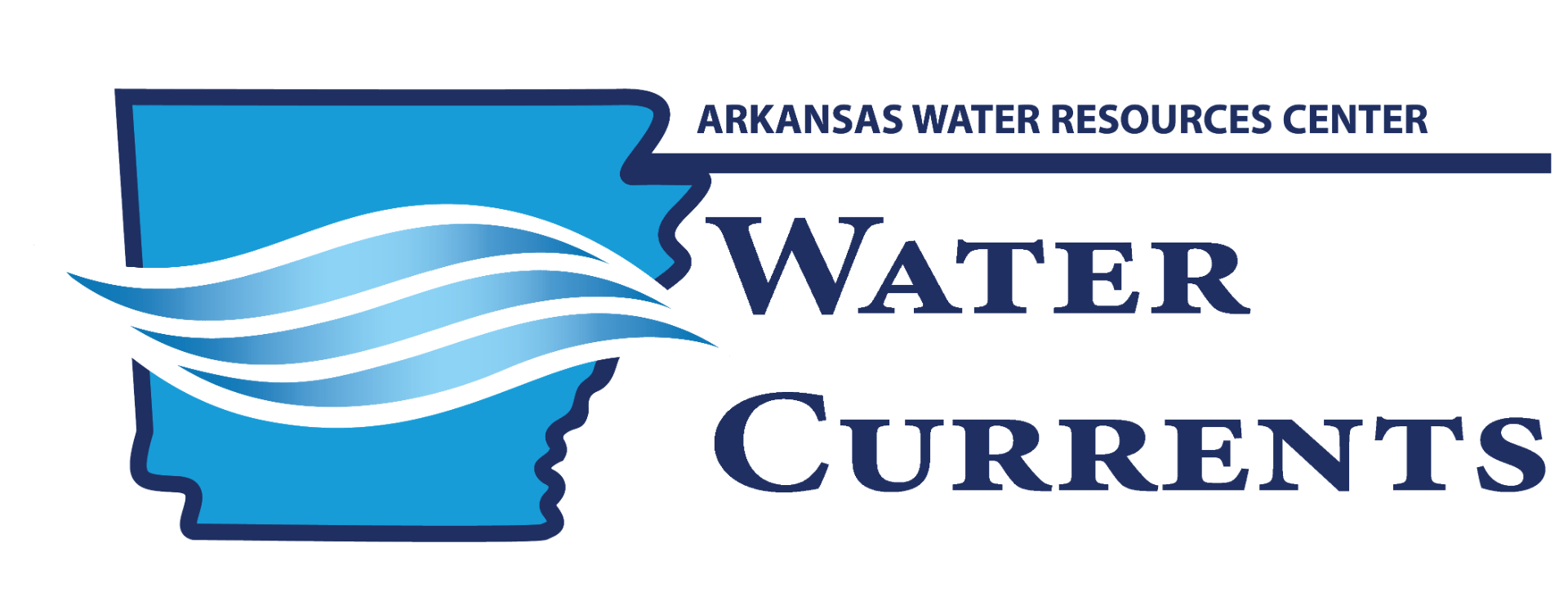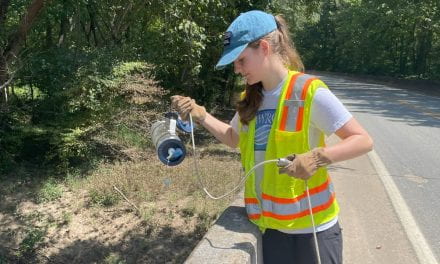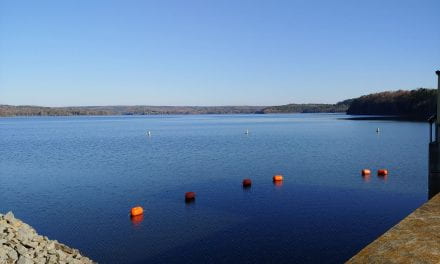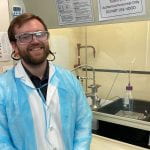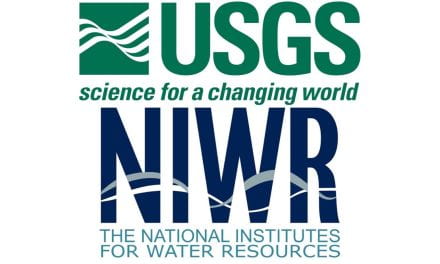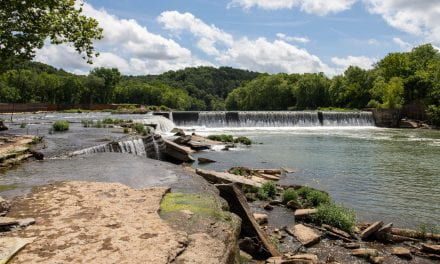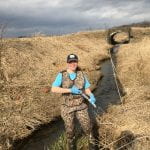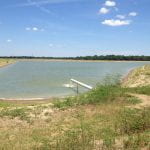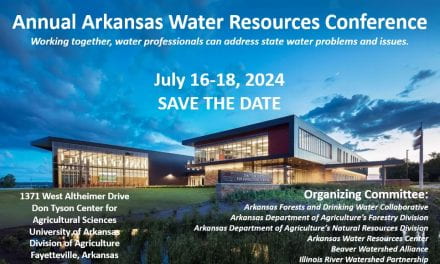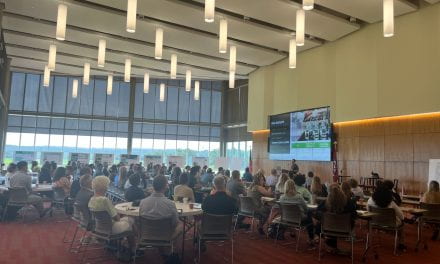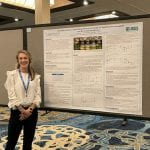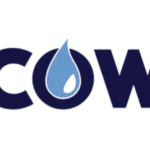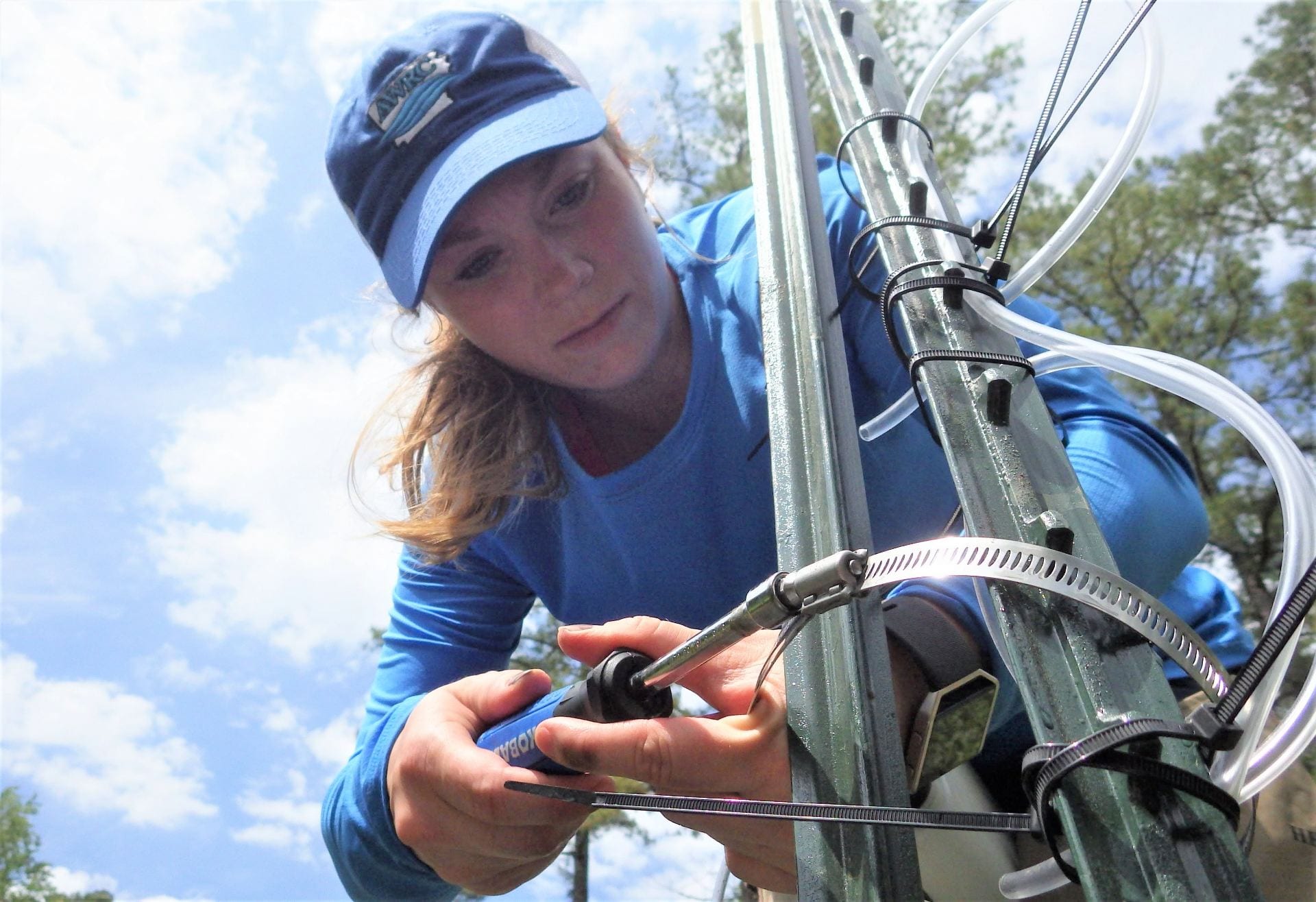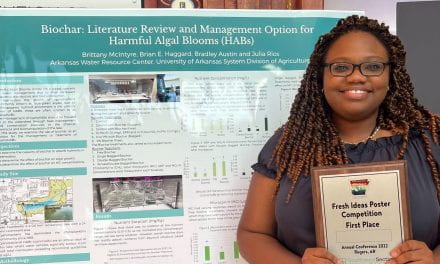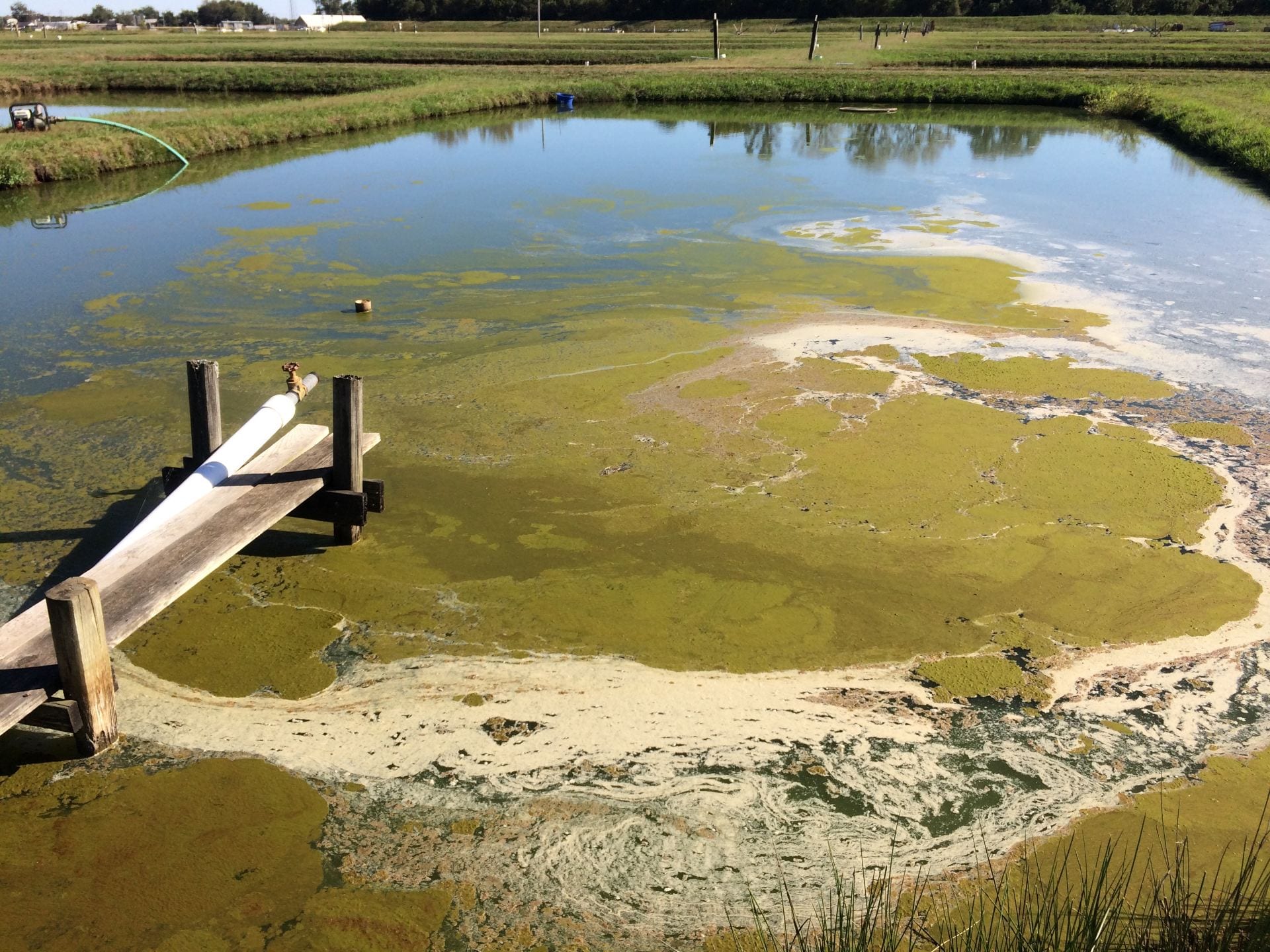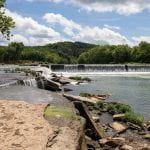
Progress is Being Made on Nutrient Trading in Arkansas
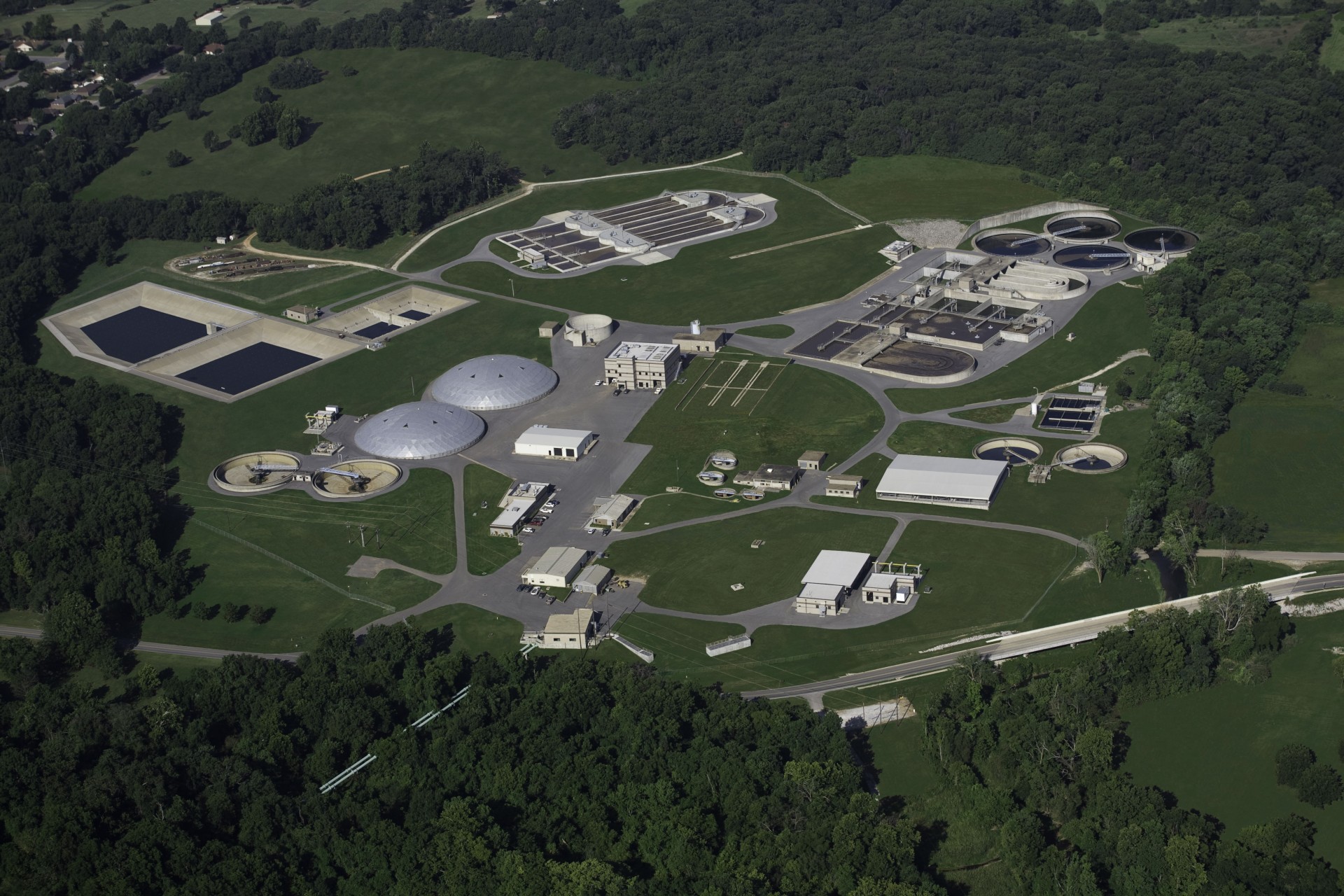
Last year, in the spring of 2015, nutrient trading legislation was approved and made into law in Arkansas, known as Act 335. Now, progress is being made to draft the regulation that will outline the rules for the nutrient trading program.
Background of Act 335
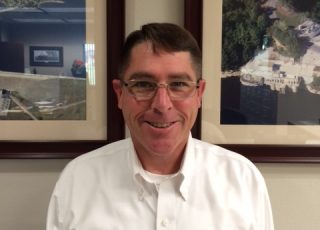
Heath Ward, Exec. Dir. of Springdale Water Utilities.
The Arkansas Water and Wastewater Managers Association (AWWMA) drafted the original nutrient trading bill in the summer of 2014. Heath Ward, Executive Director of Springdale Water Utilities and Legislative Chair of AWWMA at the time, was tasked with taking the draft bill forward.
They made a special effort to get input from a diverse group of stakeholders, knowing broad support would be needed to get the bill approved by the legislature. Ward said, “This has to be a cooperative process in order to develop the best legislation and get everyone on board.” The AWWMA worked closely with the Arkansas Farm Bureau, the Poultry Federation, the Arkansas Department of Environmental Quality (ADEQ), the Arkansas Natural Resources Commission (ANRC), various watershed groups, farmers, landowners and many more.
The bill was designed around three basic principles that AWWMA thought would be paramount for its success. First, participation in any nutrient trading program would be completely voluntary; second, the program would cost the State little to nothing; and third, it would provide the foundation that could be used to develop projects for a variety of circumstances and situations across the State.
Arkansas State Representative Charlie Collins (R) and Senator Uvalde Lindsey (D) sponsored the bill, and it passed without opposition in March 2015. That same month, the bill was signed by Governor Hutchinson and became known as Act 335.
Act 335 simply provided ADEQ and the Arkansas Pollution Control and Ecology Commission (APCEC) the authority to establish and regulate water quality trading programs. It also required the establishment of an advisory panel, now known as the Arkansas Nutrient Water Quality Trading Advisory Panel. The Panel would operate as an advisor to ADEQ and APCEC regarding how the program would be established and implemented. Panel members were appointed by Governor Hutchinson in the summer of 2015, with Heath Ward named the Chair of the Panel.
The Next Step: Drafting the Rules
While Act 335 made it possible for Arkansas to develop a nutrient trading program, the rules and regulations surrounding the program have yet to be created. The Northwest Arkansas Nutrient Trading Research and Advisory Group (NANTRAG) has formed as an association between Fayetteville, Springdale, Rogers and Bentonville to draft the first rules and regulations for a nutrient trading program in Northwest Arkansas. These rules will still have to be approved by ADEQ and the APCEC.
The rules will describe things like how a nutrient trading credit can be generated, how it can be used, and long it can last. The association will put an emphasis on the scientific, data-driven merit of credits and exchanges to ensure that a project will have real, measurable success.
The rules will also define the procedures for how a project will be proposed to ADEQ and what information will need to be included in a proposed project plan. For example, the plan will have to outline why the project is necessary, how it will be designed and implemented, and what it’s going to accomplish. Ward says the goal is for the proposed projects to be “workable, believable, and credible – that’s the key.” The association will also include rules regarding the approval process and how enforcement might be handled.
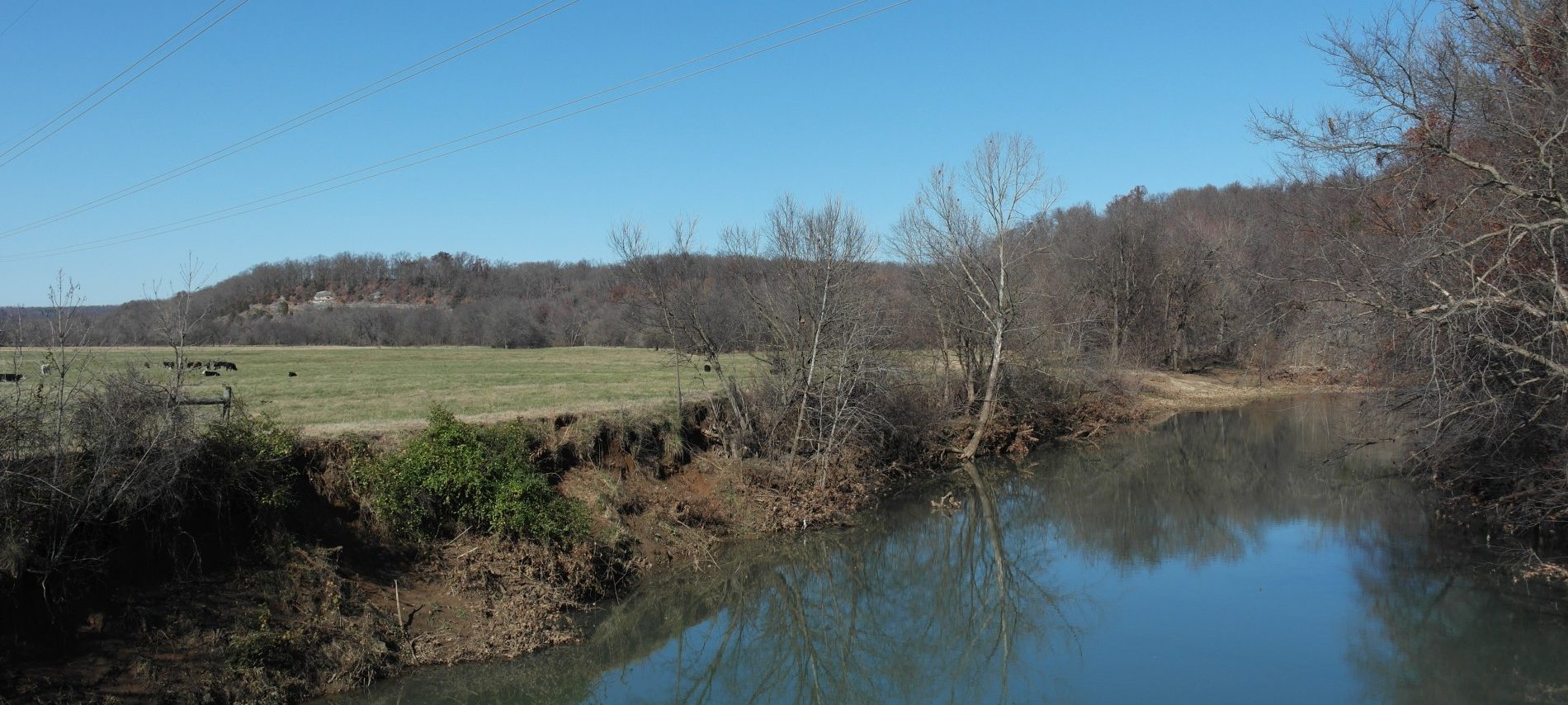
Streambank erosion on the Illinois River.
The association hopes to finalize the draft regulation before the end of this year. Once completed and approved by ADEQ, the door will be open for the first pilot project.
The ultimate goal of the nutrient trading program is to improve water quality throughout Arkansas in the most efficient and affordable way possible. If partnerships can be made and money be spent on management activities in the watershed that are proven to improve water quality, then stricter regulations on treatment plants – which are also extremely expensive – might be avoided.
Heath Ward describes nutrient trading as just one more tool in the toolbox to improve water quality. He says that those involved are willing to take the risk and they’re committed to making this work.
